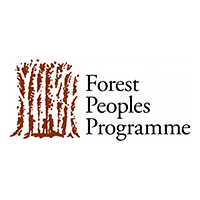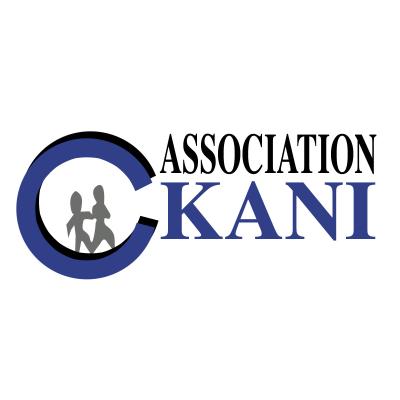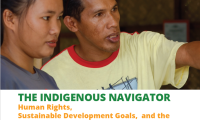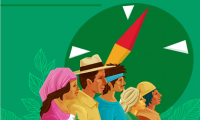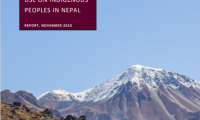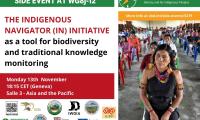Indigenous peoples in Cameroon are monitoring the implementation of UNDRIP
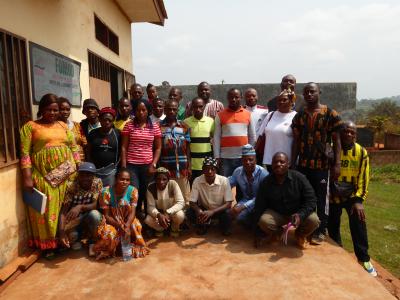
Back in February, local indigenous organisations in Cameroon started gathering indigenous data, involving 30 communities across the forested South and East regions of the country.
The Indigenous Navigator is going to show and share to the world the level of implementation of the UNDRIP in Cameroon, and we are proud to be part of this project. In Cameroon we, indigenous peoples of the forests, want to be among the first to change the colour of our country, finding our path towards sustainable and inclusive development
Over 25 indigenous Baka and Bagyeli representatives have received training on a tool to monitor the implementation of the United Nations Declaration on the Rights of Indigenous Peoples (UNDRIP) in indigenous communities in Cameroon with the lead of the global partner Forest Peoples Programme (FPP). Around 0.4% of the total population of Cameroon are hunter-gatherers known as Bagyeli or Bakola, which is estimated to number some 4,000 people, the Baka, estimated at around 40,000.
How do indigenous communities experience their rights?
The training workshop was part of the Indigenous Navigator project, which also comprises a series of community-led micro projects contributing to the Sustainable Development Goals (SDGs). The focus was on a questionnaire, which measures how communities experience their rights, and feeds into national and global-level data and advocacy about the implementation of UNDRIP.
The training workshop followed up on the priorities identified at the Indigenous Navigator’s launch event in September 2017, which also saw the launch of a Land Rights Declaration by Gbabandi (the first platform of forest indigenous peoples’ associations in Cameroon). The community questionnaire will provide evidence on the overall situation of Baka and Bagyeli communities, with a focus on Gbabandi’s three advocacy priorities for 2018: land rights, education and citizenship.
Among the Cameroonian associations participating in this project are: Association Okani, Bouma Bo Kpodé, ARBO, ADEBAKA, ASBAK, ABAGUENI and ABAWONI. The data gathering, to be carried out in February 2018, will involve 30 communities across the forested South and East regions of Cameroon.
“This questionnaire affects our communities. Now it's up to us, the facilitators, to do the field work and to explain the project to our communities. I hope that the report we make from the results will be read beyond Cameroon, so we can share the situation of Baka and Bagyelis with everyone", Catherine Ndo'o Ndongo, ADEBAKA Indigenous Association facilitator.
The questionnaire will enable the participating indigenous communities to directly inform local and national institutions on issues linked to Gbabandi’s targeted advocacy topics, to ensure that the Baka and Bagyeli are not left behind.
Among the participants of the training workshop was Gervais Nzoa, expert member of the United Nations Permanent Forum on Indigenous Issues. Mr Nzoa said:
“I think this project is very important and I would like to continue to be involved in this initiative. Cameroon was one of the states that voted in favour of UNDRIP. The collection of information on the situation of indigenous peoples in Cameroon will help me in my work to advance advocacy at the state-level to ensure that UNDRIP is implemented. Land rights, right to education and citizenship – the three priority areas identified by the Gbabandi Platform - are enshrined in UNDRIP and are the fundamental rights of indigenous peoples”.
